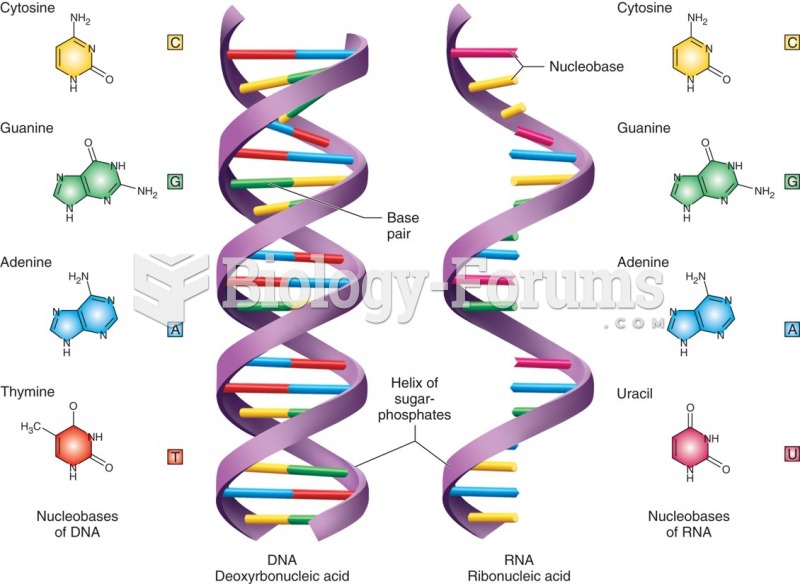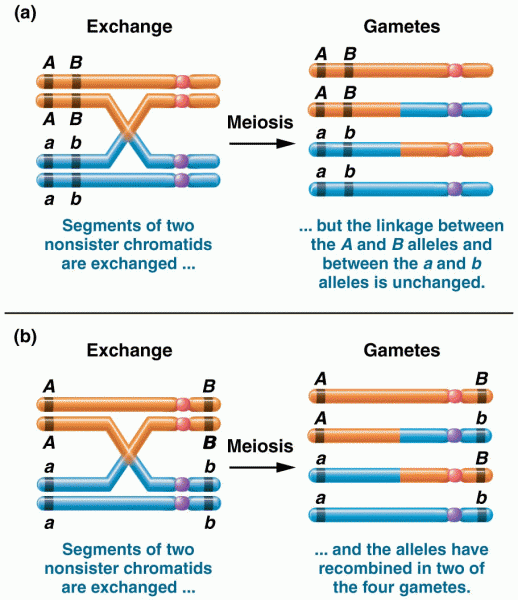Answer to Question 1
Services to single women who become pregnant have become known as single-parent services. A high proportion of pregnant single women decide to carry the baby to full term and then keep the child. The scope of single-parent services extends from predelivery to postdelivery. Single-parent services are provided by certain public agencies and by private agencies. Typical single-parent services include:
Alternatives counseling: The pregnant single woman is helped to make decisions about carrying the baby to full term, having an abortion, keeping the child, terminating parental rights, deciding on foster placement, and undergoing adoption counseling.
Physical and mental childbirth preparation: Clients are informed about the effects of drug and alcohol abuse on the embryo. They are prepared for childbirth, given pre- and postnatal counseling, and provided with information on the effects of venereal diseases. Clients also receive mental and physical health counseling. Counseling on legal issues. Areas covered include paternity action, procedures for termination of parental rights, legitimation and/or adoption procedures, rights to attend school, and procedures involved in receiving public assistance.
Counseling on interpersonal relationships: Such counseling focuses on the client's relationships with the alleged father, parents and other relatives, and significant others.
Alternative living arrangements: Alternatives include a maternity home, the home of parents or other relatives, and foster homes.
Alleged-father counseling: This involves informing him about his rights and responsibilities, counseling him on his concerns, and providing birth control counseling and perhaps premarital counseling.
Family planning counseling: Birth control information is provided for both parents, and perhaps referral to a family planning clinic is made.
Educational and employment counseling: Here, information is provided about remaining in educational programs or about employment opportunities and work-training programs.
Self-development counseling: This may include a variety of areas such as identity formation, assertiveness training, sexual counseling, rape counseling, and so on.
Financial and money management counseling: This includes eligibility for public assistance, food stamps, and Medicare.
Child care: After a baby is born, single-parent services assists the mother in making child-care arrangements (such as day care) when needed. Such assistance may include financial assistance for child care.
Child development counseling: New parents receive counseling on caring for young children and meeting their physical, social, and emotional needs.
In providing social services to single parents, social workers seek first to establish a helping relationship. If the client is single and pregnant, the worker tries to convey that she (not her parents) has the right and responsibility to decide among the alternatives of carrying the child to delivery, having an abortion, keeping the baby after delivery, placing the baby in foster care, or putting the baby up for adoption.
Answer to Question 2
The Sex Information and Education Council of the United States (SIECUS) asserts that the goals of sex education should be:
1. Information: To provide accurate information about human sexuality, including: growth and development, human reproduction, anatomy, physiology, masturbation, family life, pregnancy, childbirth, parenthood, sexual response, sexual orientation, contraception, abortion, sexual abuse, and HIV/AIDS and other sexually transmitted diseases.
2. Attitudes, values, and insights: To provide an opportunity for young people to question, explore, and assess their sexual attitudes in order to develop their own values, increase self-esteem, develop insights concerning relationships with members of both genders, and understand their obligations and responsibilities to others.
3. Relationships and interpersonal skills: To help young people develop interpersonal skills, including communication, decision making, assertiveness, and peer refusal skills, as well as the ability to create satisfying relationships. Sexuality education programs should prepare students to understand their sexuality effectively and creatively in adult roles. This would include helping young people develop the capacity for caring, supportive, noncoercive, and mutually pleasurable intimate and sexual relationships.
4. Responsibility: To help young people exercise responsibility regarding sexual relationships, including addressing abstinence, how to resist pressures to become prematurely involved in sexual intercourse, and encouraging the use of contraception and other sexual health measures. Sexuality education should be a central component of programs designed to reduce the prevalence of sexually related medical problems, including teenage pregnancies, sexually transmitted diseases including HIV infection, and sexual abuse.







